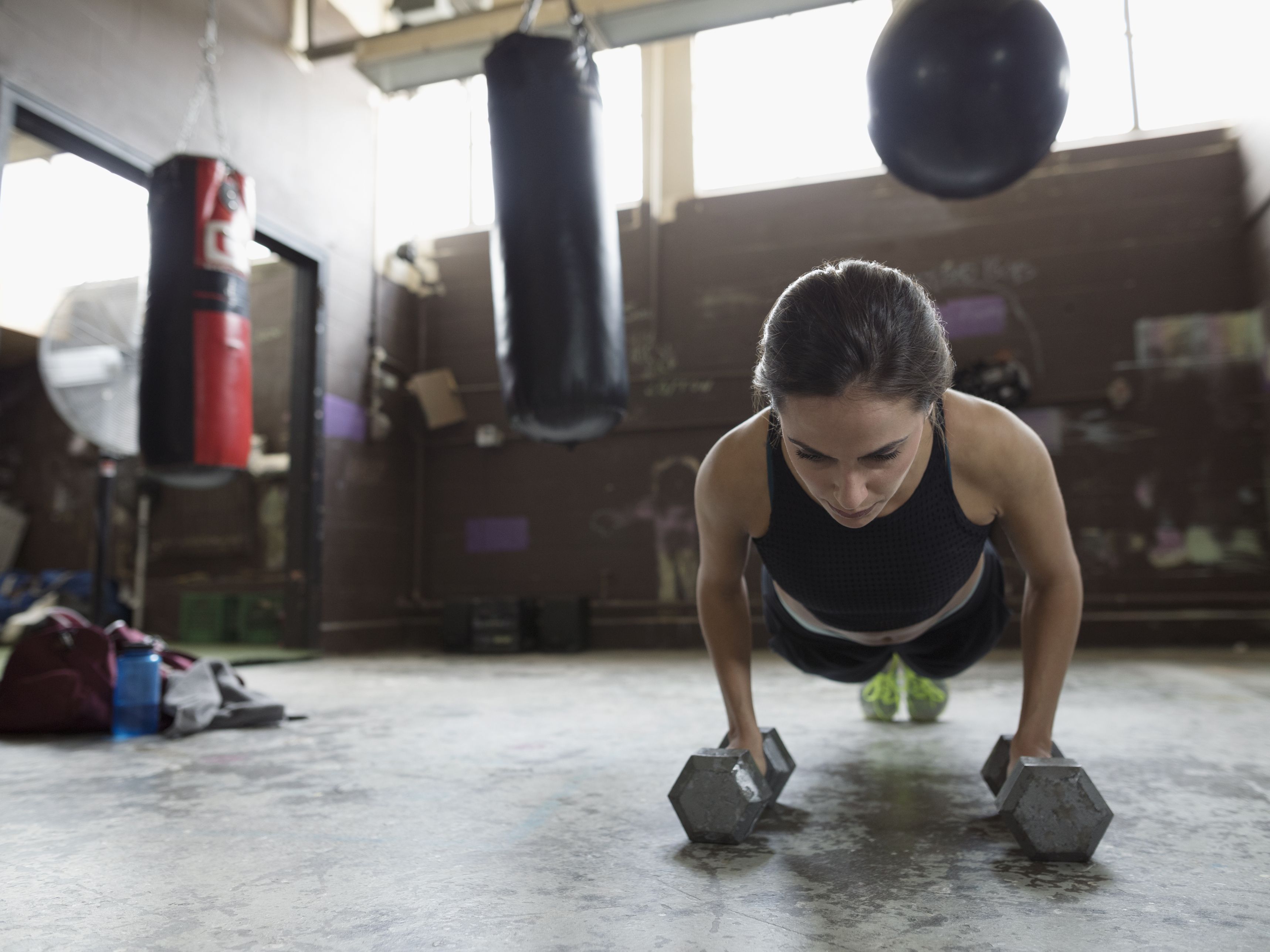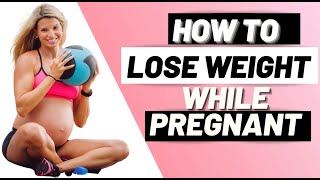
In a recent study, researchers found that standing for at least six hours a day burns more calories than sitting does. Standing breaks down sedentary lifestyles and increases the activity of lipoprotein lipsase. Standing can also lower blood pressure and triglycerides. So, does standing help you lose weight? Learn more about this important question.
Standing burns more calories while walking than standing.
Studies show that standing while watching television is more effective than sitting. According to the researchers, it is necessary to do more exercise in order for the caloric effect to be seen. However, they did not measure calorie burn while working. One person could be seated and watch TV and then stand up and do their work. It is much more effective to stand than to sit down when trying lose weight. In addition, it helps loosen the muscles after sitting for hours on end.
Research shows that standing for just 30 minutes burns 30% more calories than sitting. This can help to prevent weight gain. Standing can also improve posture and blood sugar levels. In addition, standing is more comfortable and more efficient than sitting. You should consider walking if you are busy. Standing or walking can help you burn more calories. Both are effective but you should pick the one that suits your lifestyle best.

Standing raises your body's activity of lipoprotein lipase
Studies have shown that standing improves the activity and metabolism of the enzyme lipoprotein lipse. This enzyme is responsible for the breakdown of fat in the blood. Inactivity can reduce lipoprotein Lipase and increase the risk for developing heart disease. Sitting for long periods reduces lipoprotein lipase activity in the body by about 90%. It also decreases blood sugar levels.
Regular exercise and movement activate the enzymes that breakdown fat and sugars. Research has shown that standing at a desk can increase lipoprotein activity. This will help you lose more fat. Sitting for prolonged periods of time can cause the body to not release enough lipoprotein lipse. This can increase the risk of developing metabolic syndrome and widening the waist.
Sedentary habits are broken by standing
According to Dr. Lopez-Jimenez, a cardiology fellow at Mayo Clinic, standing breaks up sedentary habits and helps you lose weight. Standing has 0.15 more calories per hour than sitting. It's nearly fifty percent more calories that you would burn if sitting all day. You'll also see a better bone health and burn more calories sitting down.
Experts recommend people who are more sedentary than others to take frequent breaks in order to increase their exercise and lose weight. A computer program or a beeping watch can be helpful in reminding people to get up and move around more often. You can also use a standing desk convertor to change between sitting and standing if you are unable to find the time.

Standing helps lower blood sugar, blood Pressure, and Triglycerides
There are many benefits of standing. It can lower blood pressure and glucose levels as well as lower triglycerides. Studies have shown that replacing two hours of sitting with a stand-up session leads to an 11 percent decrease in BMI and a 7.5-centimeter (3-inch) decrease in waist circumference. Additionally, the average blood sugar and triglyceride levels were significantly lower for people who stood up for at least two hours per day. These findings are promising and can help you lose weight and stay active.
Standing at work is not only good for losing weight but it also has many other benefits. University of Leicester researchers found that standing for at least a minute each day lowers blood sugar, blood blood pressure, and blood triglycerides. Sitting causes our bodies to work harder to absorb sugars and make insulin. This increases our risk of developing heart disease. Standing improves blood flow which allows muscles to burn fat more efficiently and makes us feel better.
FAQ
What foods will help me lose weight more quickly?
You can lose weight more quickly by eating fewer calories. There are two methods to accomplish this.
-
Reduce the calories you eat each day.
-
Physical activity can help you to burn more calories.
It's easy to reduce how many calories you consume. Everywhere you turn, there are many calorie-dense fast foods. Here's a list to help you shed those extra kilos.
-
Beans are high in fiber and protein. They have very little fat making them a great option for dieters trying to reduce their caloric intake.
-
Oatmeal has low calories, but high levels of nutrients such as magnesium and potassium. Oatmeal has less sugar than other cereals.
-
Eggs contain high levels of protein and cholesterol. Consuming eggs at least once a week can increase your metabolism and help you burn more calories.
-
Whole grain bread has been shown to reduce hunger pangs so that you may feel fuller longer.
-
Dark chocolate is loaded with antioxidants and flavonoids, substances that have been linked to lower blood pressure and improved heart health.
-
Cottage cheese is rich with calcium, which helps build strong bones. Cottage cheese also contains vitamin D, which can boost immunity.
-
Omega-3 fatty acids are abundant in salmon, which can promote brain development and improve cardiovascular function.
-
Green tea contains a lot of catechins. These are compounds that can fight cancer and improve metabolism.
-
Broccoli is an excellent source of folic acids, which helps to lower homocysteine levels. High homocysteine levels have been associated with an increased risk of stroke and heart disease.
-
Yogurt is a wonderful way to get probiotics into your diet, without having to consume a lot of added sugars. Probiotics can help improve digestive health.
-
Berries can be a healthy snack choice that tastes great and is very nutritious. All of these are excellent sources for vitamins and minerals, including blueberries, strawberries and blackberries as well as raspberries and cranberries.
-
Avocados are rich in healthy fats. Half an avocado is only 80 calories, but it contains plenty of fiber and potassium.
-
Nuts are delicious snacks that also provide a lot of protein. Almonds, cashews, hazelnuts, pecans, walnuts, and pistachios are all great choices.
-
Sweet potatoes are another starchy vegetables that are high in beta carotene. They make your skin glow. Orange sweet potatoes have a higher amount of beta carotene that regular sweet potatoes.
What should I eat during intermittent fasting to lose weight?
Cutting out carbs is the best way to lose weight. This means avoiding bread, pasta, rice and potatoes as well as other carbohydrate-based foods.
It is important to eat less protein, as it will keep you fuller longer. You won't feel as hungry.
Instead, focus on foods that contain healthy fats, such as olive oil, avocado, nuts, and seeds. These foods are satisfying and will keep your hunger at bay for hours.
It's important to make sure you're drinking plenty of water, too. Water helps you to stay hydrated which makes it easier for you to lose weight.
This could be because you find you really crave these foods when fasting. However, you don't have the right to succumb to these cravings. You could gain more weight than what you lose if you do.
Keep an eye on the amount of food you eat throughout the day to avoid overeating. Instead of reaching for another snack, sip a glass of water when you feel hungry.
It might sound counterintuitive at first, but it has been shown that this can help you slim down. One study published in Obesity showed that plain water was more nutritious than sugary drinks.
Drinking plain water also reduced hunger. If you want to lose weight, avoid sweetened beverages and drink water.
You don't have to eat every calorie or avoid certain foods if you are trying to lose weight. Instead, focus on making small changes to your lifestyle.
For example, you can start by swapping your usual breakfast sandwich for a bowl of oatmeal. You can also swap out your afternoon cookie for a piece fruit.
These simple changes will help you shed weight quickly and without spending a lot of time in the kitchen.
How long does it usually take to lose weight
Weight loss takes time. It takes about six months to lose 10% of your weight.
You should not expect to lose weight overnight. Your body will take time to adjust to changes in diet.
This means you need to gradually alter your diet over several weeks or days.
Fad diets are not recommended as they don't work. Instead, change your daily routine.
For example, if you normally eat unhealthy snacks late at night, then you should cut down on this habit.
Instead, eat healthier meals at night. This will help you avoid snacking at night.
It is important to drink lots of water throughout the day. Water helps to keep your body hydrated and prevents dehydration. Dehydration can cause you to feel tired and sluggish.
It is important to drink plenty of water throughout each day to stay energized.
It is important to reduce stress levels through activities that allow you to relax. You can spend time with family members, for example.
You could also choose to read books, see movies, or listen music.
These activities will help you unwind from stressful situations. They can also help improve your moods and self-esteem.
When you are trying to lose weight, it is important to consider your health first.
Your overall health is directly related to your physical fitness. You should eat right and exercise regularly if you want a fit body.
Is there a difference in intermittent fasting and calorie restrictions?
Calorie restriction refers to eating less than what your body requires. Intermittent Fasting is different in that it doesn't restrict calories. Intermittent fasting focuses more on eating fewer calories every day.
Intermittent fasting works better because it allows for you to enjoy your favorite foods without feeling guilty.
Both methods have their advantages and disadvantages. It is up to you to decide which method you prefer.
Are there any side effects to intermittent fasting
Intermittent fasting has no known side effects. Some minor issues might occur if you do not plan your meals properly.
If you skip breakfast, your day might be interrupted by irritability. Also, you might experience dizziness, headaches, fatigue, muscle cramps, and dizziness.
These symptoms usually disappear within a few days.
Can I eat the fruits of my intermittent fasting diet?
The health benefits of fruits are numerous. They are rich in vitamins, minerals and fiber. However, they contain sugar, which can cause blood glucose to rise. This can lead to insulin resistance, weight gain, and even diabetes. If you're looking to lose weight with an IF diet then you should choose fruits that are low in glycemic.
What effect does intermittent fasting have on my sleep?
Intermittent fasting is a good thing for your sleep. If you skip meals, your hunger hormones will increase. As a result, you may find yourself waking up at night.
This is why most experts recommend skipping breakfast. Instead, experts recommend eating light snacks before bed.
If you are still hungry after your snack, you can eat a small dinner right before you go to bed.
Be careful not to overeat. If you do, you will gain weight rather than losing it.
Statistics
- Among women, the increase in metabolic rate was nearly 4%, or 50 more calories per day (14Trusted Source (healthline.com)
- One 6-month study showed that simply doing 11 minutes of strength-based exercises 3 times per week resulted in a 7.4% increase in metabolic rate, on average. (healthline.com)
- It's estimated that half of all American adults attempt to lose weight every year (1Trusted (healthline.com)
- According to Harvard Health, it's estimated that a 155-pound (70-kg) person burns around 167 calories per 30 minutes of walking at a moderate pace of 4 mph (6.4 km/h) (5). (healthline.com)
External Links
How To
How to Intermittent Fasting
Intermittent fasting, a type of dieting that allows you to only eat one time per week, generally Monday through Friday. This allows you to reduce your calorie intake and still get adequate nutrition. This will allow you to burn fat more quickly than eating regular meals throughout the week.
The most common type of IF is to restrict calories on specific days of the week. This means that you would skip breakfast every morning and then consume whatever food you want during the rest of the day. It is possible to choose to have three smaller meals each day, rather than two large.
Many forms of intermittent fasting are available, such as alternate day fasting (5/2 fasts), 8/4 fasts and 16/8 fasts. Each form of intermittent fasting comes with its own pros and cons. Alternate day fasting, which doesn't require you to change your lifestyle, is the best way to get started. However, not everyone can stick to a rigid schedule. They might prefer to experiment with other methods.
If you're looking to start an intermittent fasting routine, I recommend starting with alternate-day fasting. This will allow for gradual transition to more extreme fasting without having to change your lifestyle.